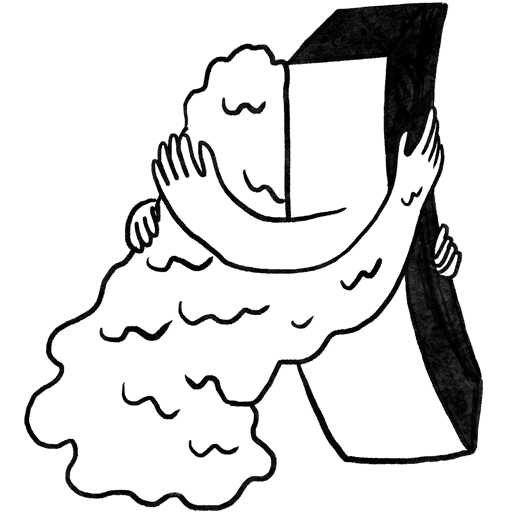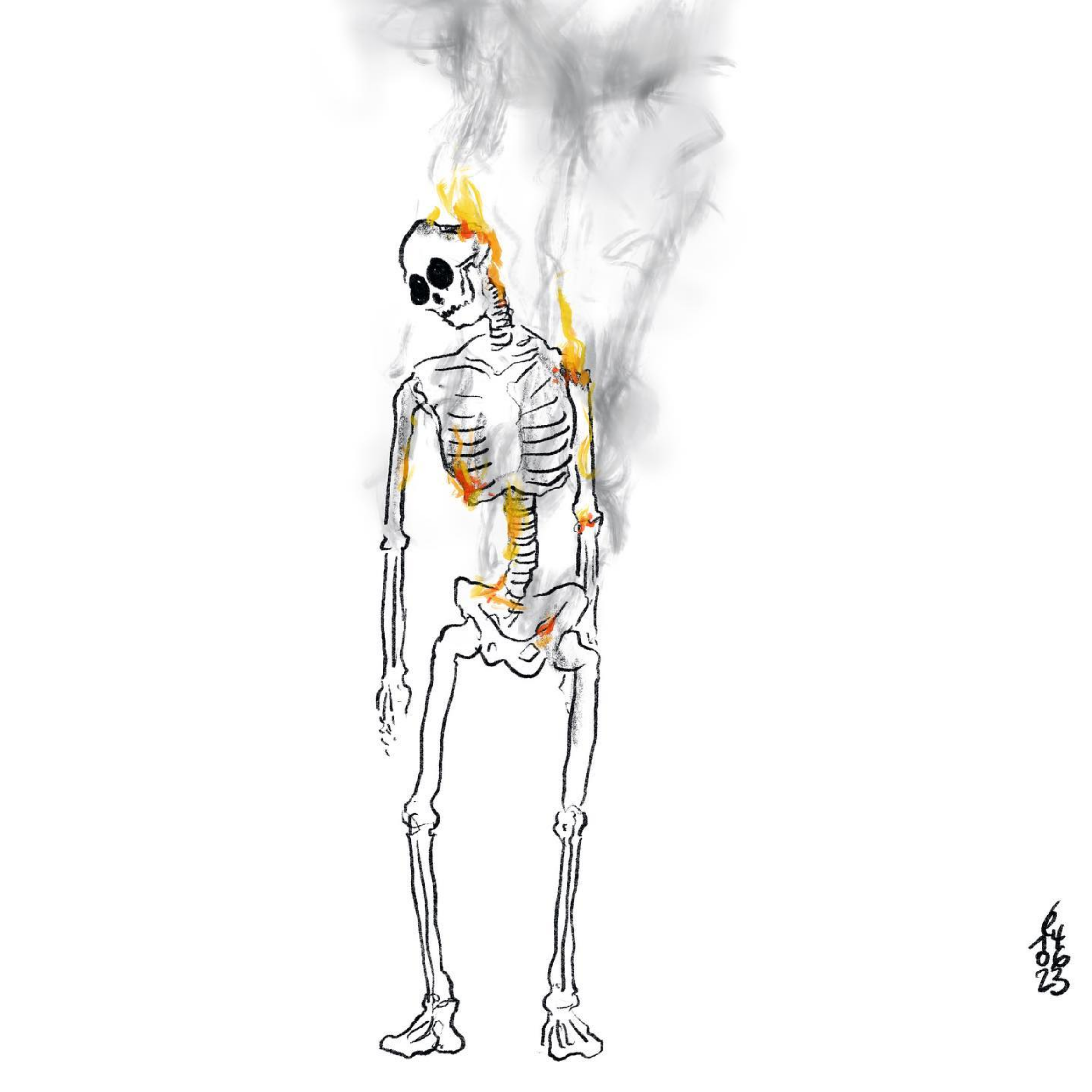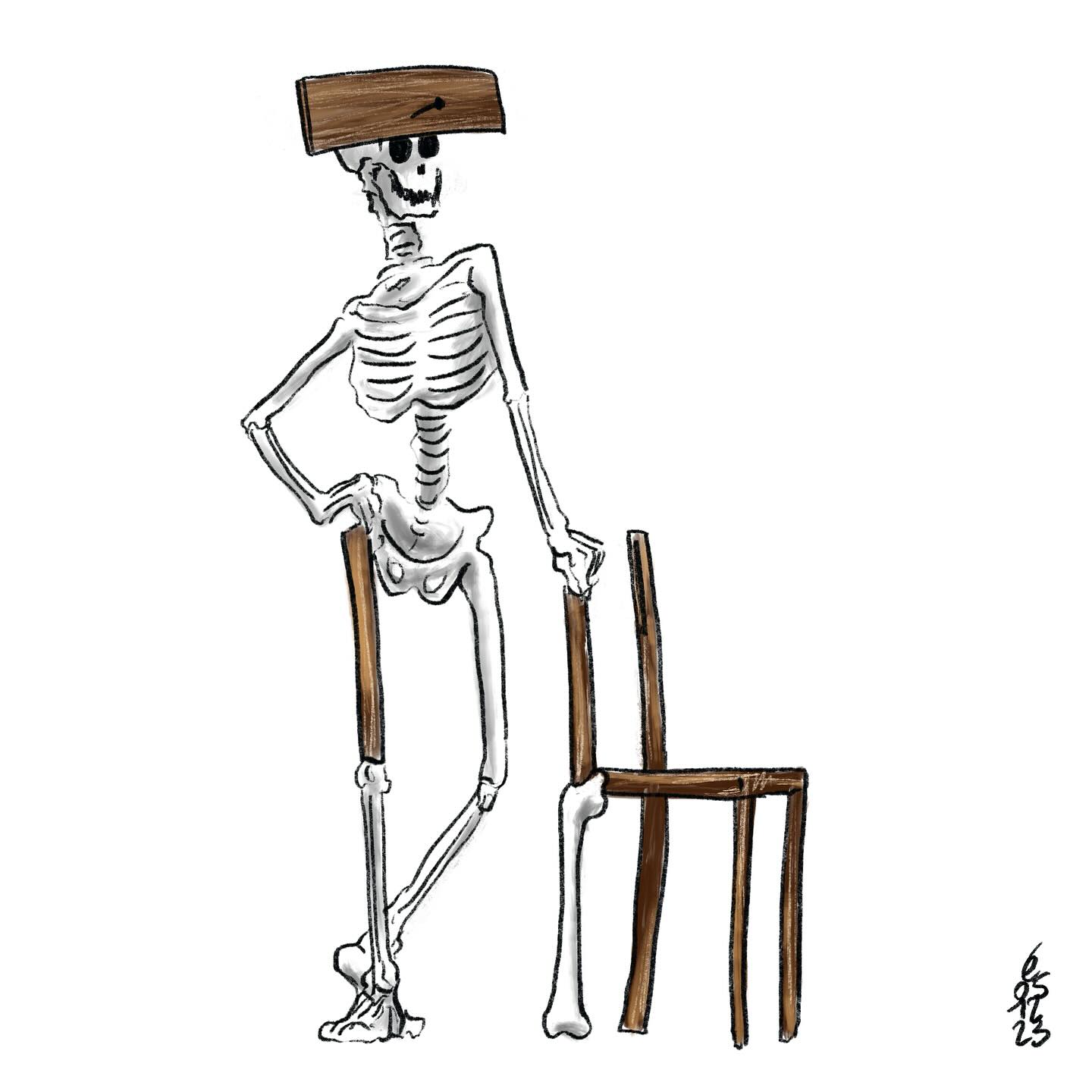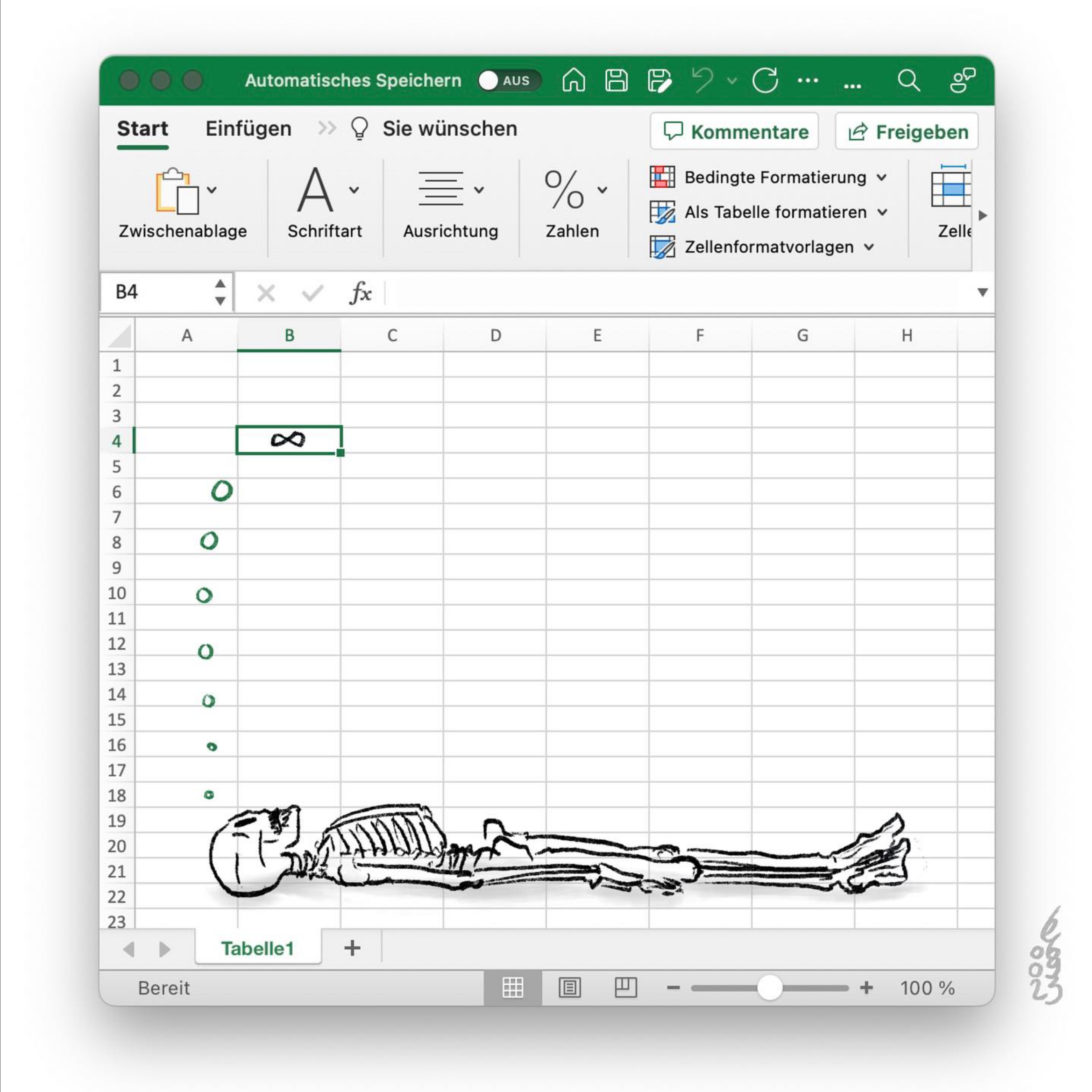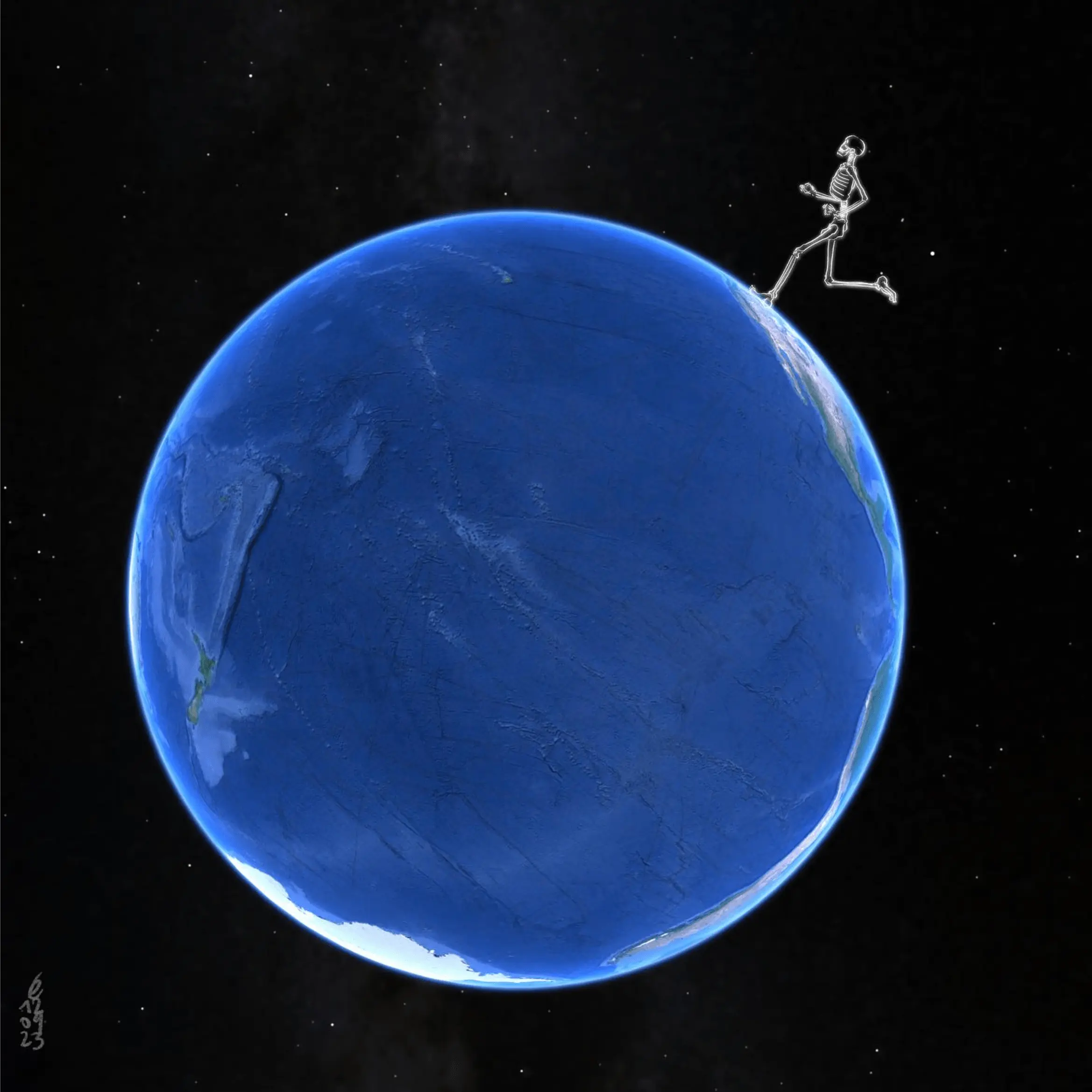
You are in the year 2050. What do you see around you? How are the people? What is the political system? What is the state of the ecosystems?
If everything that has come to your mind has much more to do with Black Mirror or the apocalypse than with a just, democratic and egalitarian world, you should know that it’s no coincidence. Think about it, how many futuristic series, movies or books are set in a dystopian future? **The apocalyptic catastrophism is carefully defined to demobilize us.
This reinforces the idea that we live in a capitalist realism from which it is not possible to escape, so we cling to nostalgia and an idealized past without realizing that thinking about the future causes us anguish. s Layla Martínez describes in her essay “Utopia is not an island: Catalogue of better worlds”, much of the cultural offer is based on remakes or fiction set in the past because we are unable to imagine a better future. Collapse paralyzes. The question we must ask ourselves is: how is it possible to continue thinking taking into account that young people consider theirs to be the generation of extinction?.
We need analysis, dialogue, interaction and improvisation to turn emotional release into a practical intervention.
From the Platoniq Foundation we defend culture as an alternative to development and as a basis for social cohesion. That is why we are launching a new volume of the Wilder Journal focusing on the idea of Future Culture and the birth of the School of Creativity and Democracy, a learning space supported by the Open Society Foundation where to experiment on new forms of political participation led by young people, focusing on creativity and art as democratic catalysts.
Following the path opened by Habermas, for whom political participation is nothing more than “a common practice only through the exercise of which citizens can become what they themselves wish to be: politically responsible subjects of a community of free and equal persons”, the School of Creativity and Democracy aims to train a new generation of facilitators, organizers, researchers and communicators who bring to the processes of participation, in addition to the learning of democratic deliberation, a perspective based on the emancipatory power of culture.
Culture helps us to know how to observe and recognize **who should be heard, what is the best way to listen and how it is possible to communicate in a more creative way so that our proposals as civil society are heard.
The data touches us all equally, but the "why" is where there is a story. That's where we can get a person to turn the story and move "from one hemisphere to the other" through a story.
This space for training and experimentation does not start from scratch. Here you will find projects that work with legislative theater, common stories and data visualization placing youth as the protagonist. Also, communities as **creators of their own narrative and shapers of a future decided by all.
Platoniq Foundation has worked extensively on breaking down walls to promote inclusive and design approaches inspired by justice, focusing on deliberative perspective-taking practices to foster empathy through co-creation and creativity. Also within social organizations, planning strategy in a participatory way to embody desirable futures for the organization and for the world.
Despite the ecological crisis, the rise of inequality and the rise of authoritarianism, there is always time to take charge and re-appropriate the future by making decisions collectively.
It is a matter of finding the most effective way of transmitting the messages so that more people join, because the reality is that in this "making visible that the legislation must be changed" what is needed is to unite the maximum number of people beyond activism.
In order to design the hopeful future we want, we must first be able to imagine it. “Progress is the realization of utopias,” said Oscar Wilde, and “Utopia is for walking,” added Eduardo Galeano. From here we vindicate the strength of this idea and open the doors to other possible worlds. Worlds that are committed to the promotion of citizen mobilization from the cohesive and activating potential of creativity and art.
The illustrations accompanying this edition, by Jean-Louis Vidière Ésèpe, are a revision of a classic genre: les vanités. We refer to those paintings that evoke the fragility of existence to recognize that, indeed, our life is fleeting. However, it is in our hands to leave a worthy legacy to future generations so that they can continue with their lives, also fragile and finite, but worth living.

